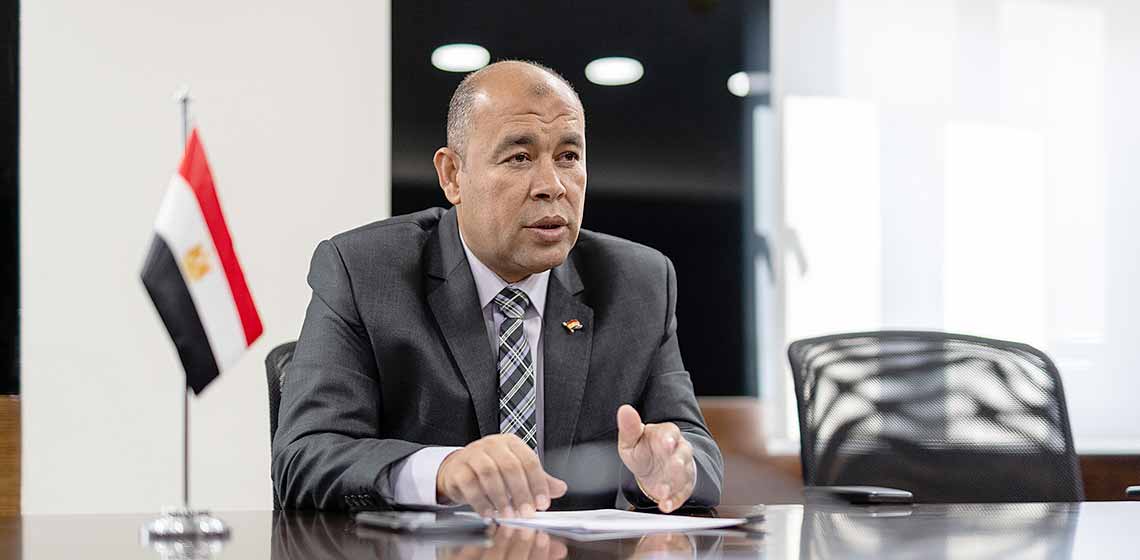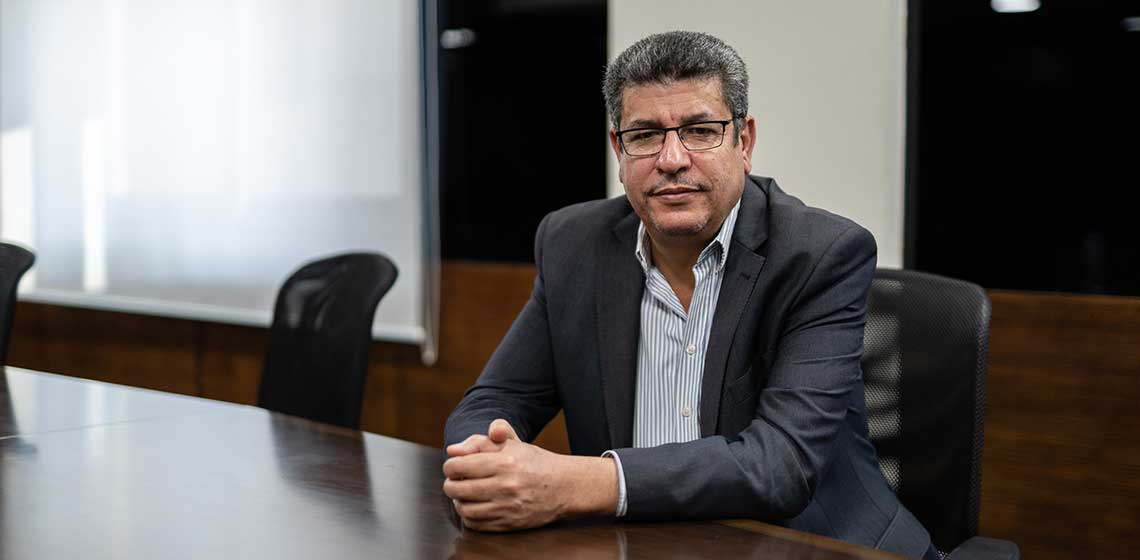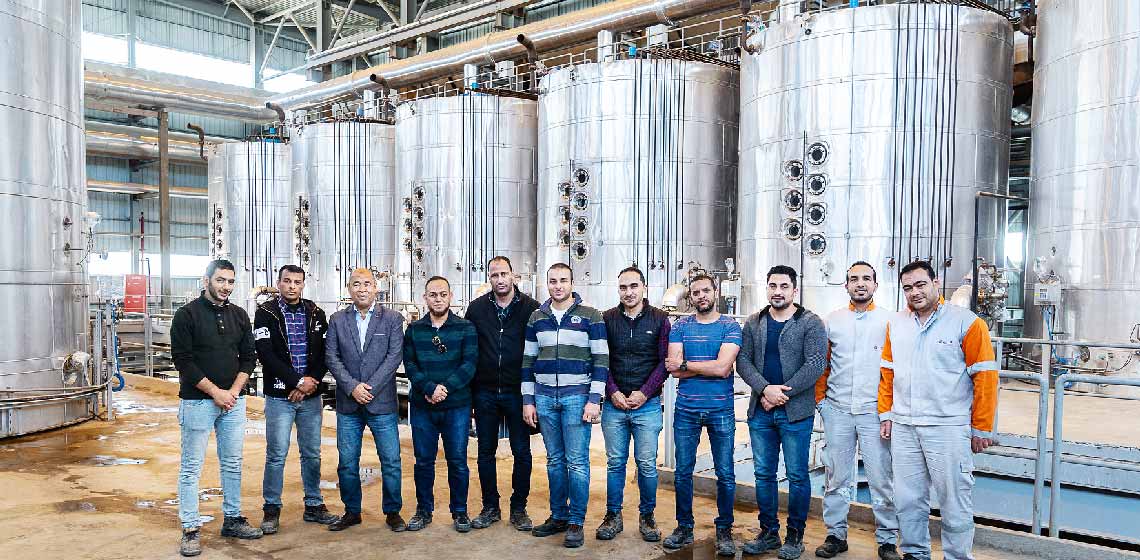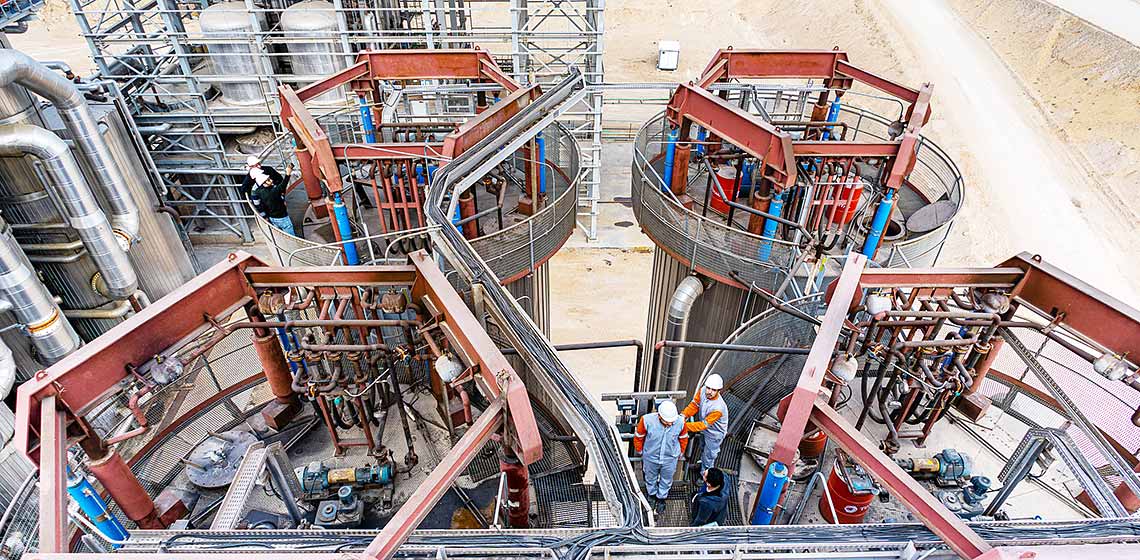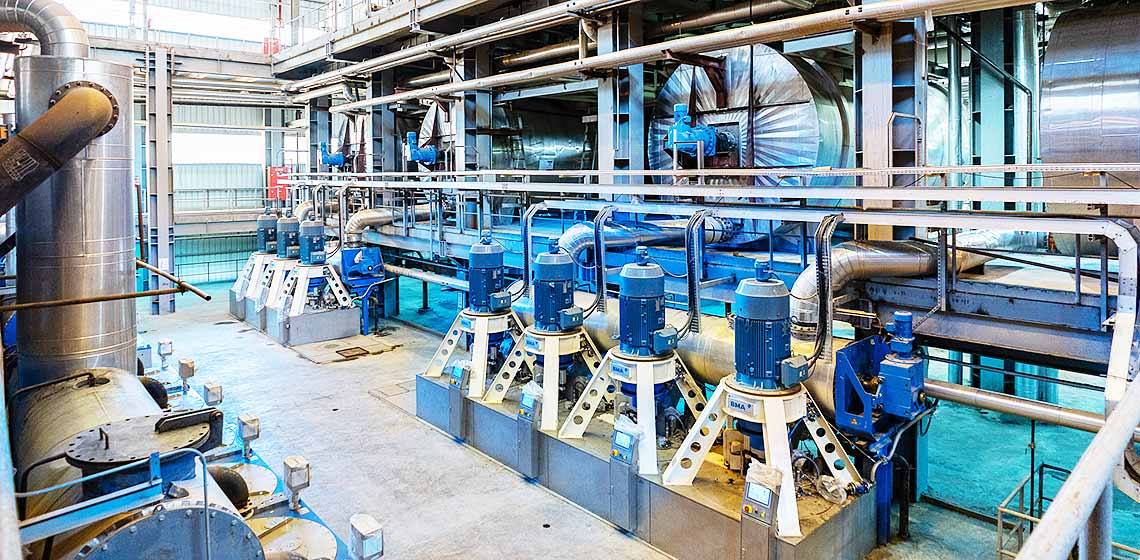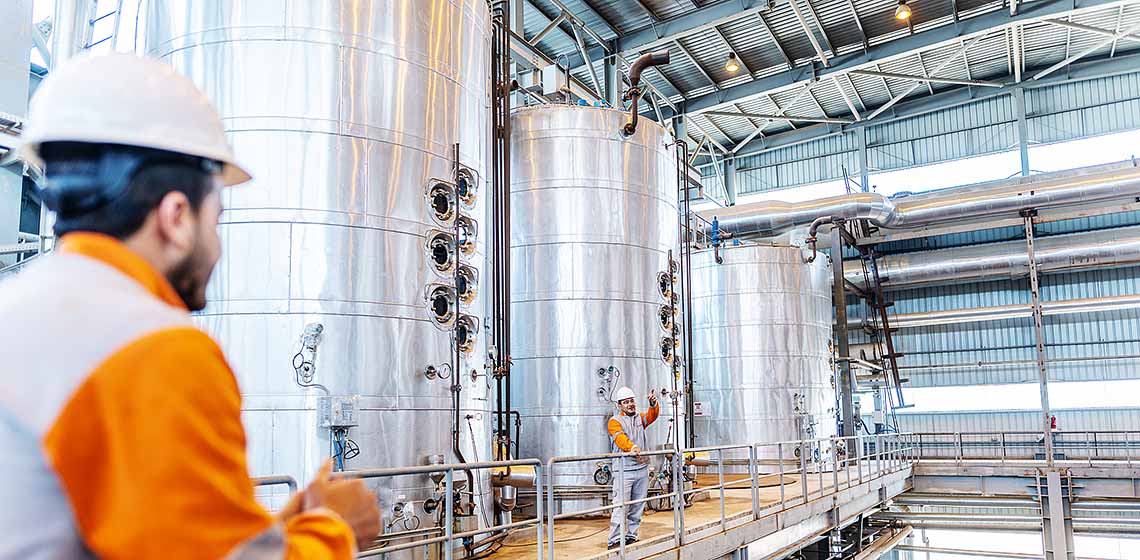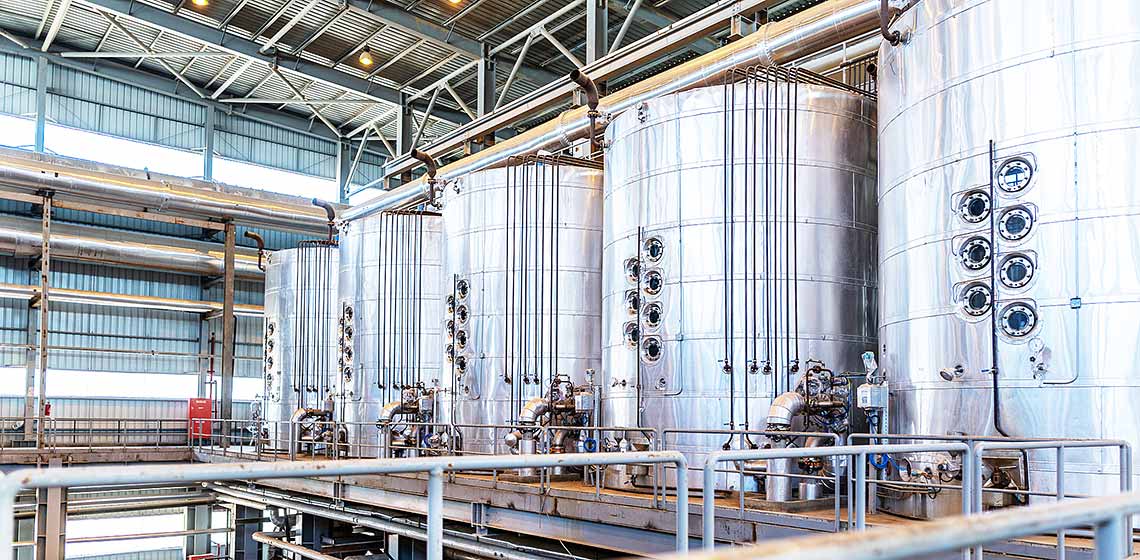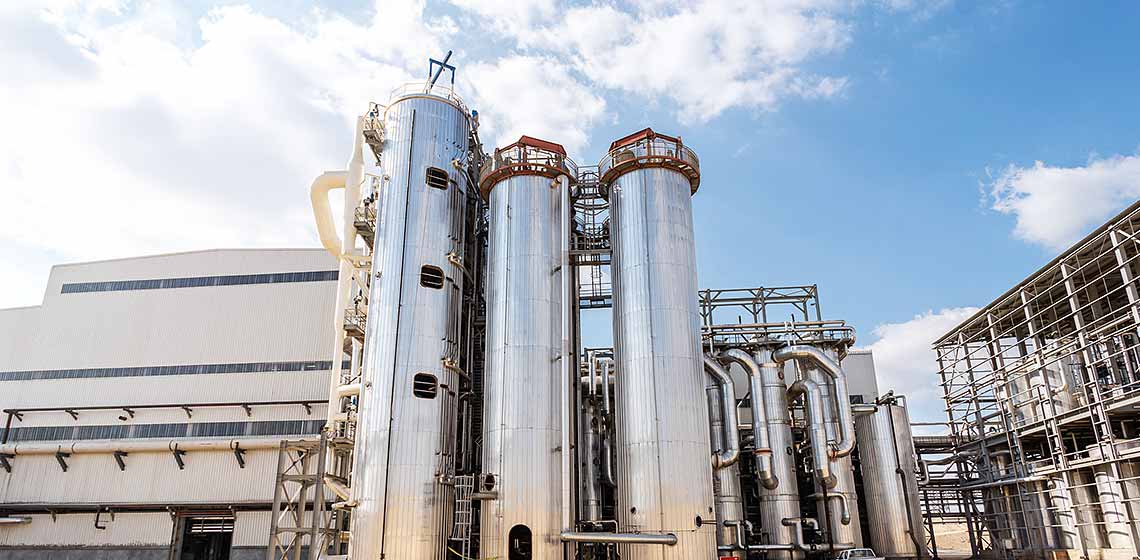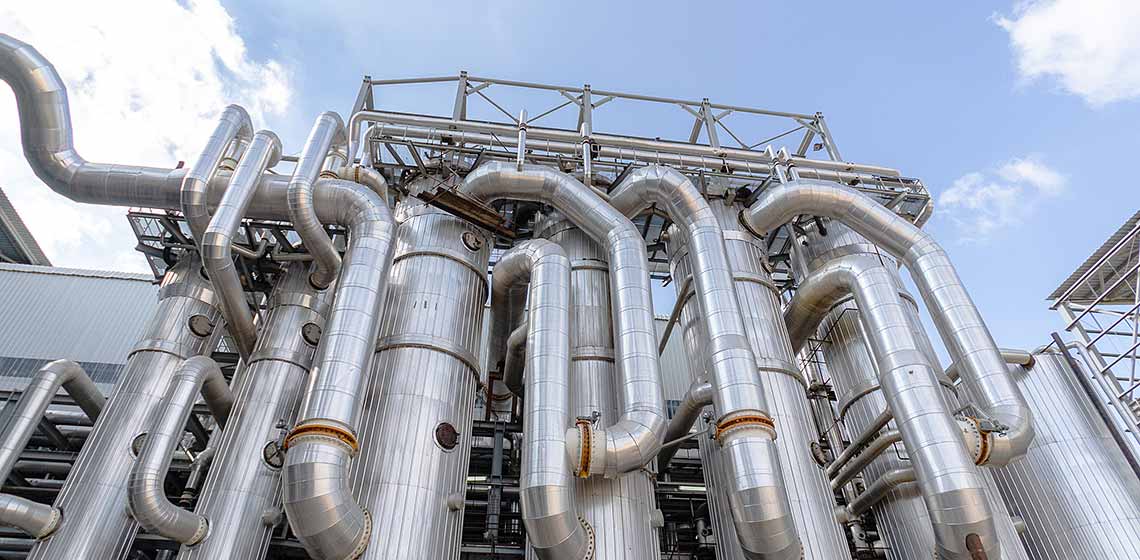01.07.2020
Interview with Dr Elghayesh, Executive Director, and Mr Wael, Production Director at ASSM (Al Sharkiya Sugar Manufacturing S.A.E.)
Gentlemen, would you like sugar with your tea?
One gentleman takes one spoonful, the other two.
Could you please introduce yourselves?
Dr Elghayesh: I have been working in the sugar industry since 1991. Having started my career at Delta Sugar, I later switched to the Savola Group and now work for ASSM. I have held many different positions, and today I work in senior management. As the Executive Director, I am in charge of sugar production, from beet reception to the final product. I also have financial responsibilities.
Mr Wael: I am the Production Director and have been with ASSM since 2015. My main responsibilities are technical discussions and contract negotiations with the different suppliers. In my previous job for Nile Sugar, I was a production manager and before that, I worked at the Al Faiyum sugar factory. I gained additional cane sugar experience with Sugar & Integrated Industries Co. and have been working in the sugar sector since 1998.
Please describe the role of BMA during the project.
Both gentlemen: BMA was the main contractor and supplied the extraction plant, the sugar-end equipment and the bagging station. An additional task was the detailed engineering, which included modifications of the basic engineering carried out by another engineering company. BMA also conducted technical discussions with the ASSM team and, of course, provided supervision and support during construction and commissioning.
Is it helpful to have a single contact at BMA for all engineering, project and construction queries?
Dr Elghayesh: In my experience, a single responsible contact is an excellent idea: it makes communication easier and improves management of a project, from the design stage to start up.
Mr Wael: Yes, I definitely agree. It helps to have the same staff right from the start, so everyone has the same background information regarding technical discussions, agreements etc.
Are you happy with the work of our site supervisors?
Dr Elghayesh: My colleague is better qualified to answer that, because I joined the project at a later stage.
Mr Wael: They are friendly, have vast technical experience, and they know all about working with people in Egypt, especially Mr Bartel: he would either resolve all technical issues himself or immediately contact BMA to find solutions. Site supervisors are very important for the successful implementation of such a project, because they have to manage the local construction companies, who mostly lack experience in the field.
When problems arose during the implementation, did you receive the support you expected?
Mr Wael: There will always be some problems in such a project, but in this project, there were no major difficulties, thankfully. The BMA technical team were always available. They listened closely to the points we made and also accepted our experiences. We would discuss any issues that arose with the BMA team and resolve them together. So the BMA team made work easier for the ASSM project team and generally did a very good job.
How would you characterise communication between BMA and Al Nouran?
Mr Wael: There is generally a contact on site who we can talk to. But if major difficulties arise, a local team of BMA staff will help us find a solution. Communication is easy, because the BMA team work alongside us, plus, they have the appropriate technical background, expertise and experience. I would rate the communication with BMA as excellent, compared with other companies.
What are the challenges in running a factory in Egypt?
Dr Elghayesh: The availability of sugar beet and qualified staff. The implementation of new technology is not easy either, because people like to work with equipment they know. And project schedules tend to be very tight, because of non-technical reasons.
Mr Wael: I agree with my colleague on all points.
How many people work here during the campaign?
Both gentlemen: In Egypt, these figures are not usually shared. Compared with other factories in Egypt, our organisation is very slim, though nowhere near the European level. Our figures are approximately 20 to 30 % lower than those of other private factories, and 50 % lower than in the former state-run plants.
Were you satisfied with the technological results of the BMA equipment in operation?
Dr Elghayesh: Absolutely! There is no doubt about the quality of BMA equipment, we knew that already from earlier projects. The equipment has been running very well during the first campaign, and I expect that to continue in the coming years.
Mr Wael: I’d like to add that, here in Egypt, we have known about the quality of BMA equipment since 1978. The new extraction tower, actually the first with this diameter worldwide, delivered excellent results during the first campaign, and the inspection after the campaign showed up no mechanical defects.
Are you happy with the work of the BMA commissioning team?
Mr Wael: Definitely. The BMA team are well-qualified and have plenty of experience. They are open to suggestions by the ASSM team and value their experiences. Thanks to the excellent collaboration between the two teams, start-up and commissioning went smoothly and were a success.
How does your work benefit from the presence of BMA's local representative?
Both gentlemen: It really helps to have a representative here in Egypt. We share the same mentality and language, which often makes for better communication between all parties.
Are there any issues or areas you can think of where BMA could improve? Do you have any examples?
Mr Wael: There is always room for improvement regarding technical aspects. But BMA is continuously working to reduce steam consumption or maximise sugar output. BMA engineering is excellent, and I am certain that BMA will be open to discussions about further studies, with a view also to increasing the efficiency of the factory. For ASSM, BMA will continue to be a strategic partner.
Many thanks for taking the time to talk to us, to give our readers a good idea of this large project. We very much look forward to continuing to work with you.

